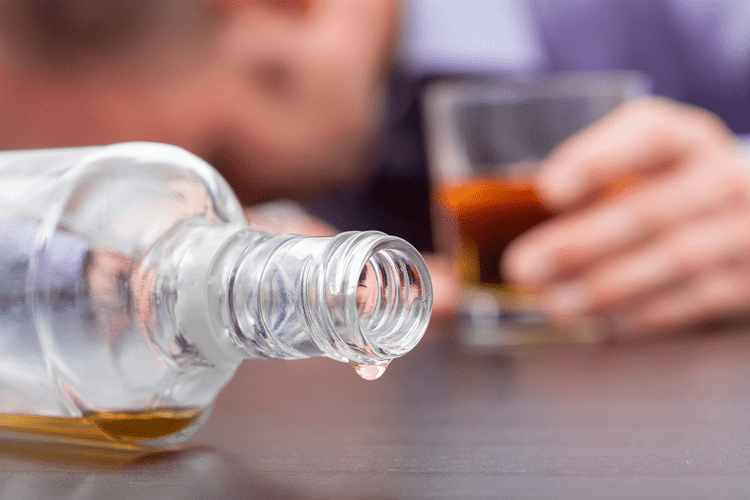Addicts often fear being judged or shamed by their loved ones, leading to isolation. This increases their dependence on substances, leading to more frequent use and, eventually, loneliness in sobriety addiction. When someone feels disconnected from the world, they may turn to substances to fill the void and make them feel better.

Epidemiological Evidence Linking Social Isolation and Substance Use Disorders
- Our sincere passion is helping people recover so that they can live full, meaningful and healthy lives.
- Understanding the answer to this question can help to inform people of the right way to approach and assist those who suffer from substance use disorder.
- While this loneliness can feel overwhelming, remember that it’s only a temporary phase.
- From biological mechanisms to social environments, this article explores the underlying causes, effects, and potential strategies to mitigate the detrimental impact of social isolation on substance use disorders (SUDs).
To add, other drugs like cocaine or meth can become a substance of choice to increase low moods, give someone energy, and produce euphoric feelings to combat depression. Once someone has become dependent on harmful drugs like these, professional help is best to relieve the mind and body of cravings and reduce the risk of a fatal or non-fatal overdose. Having access to community resources is crucial for people who are battling addiction and loneliness. Programs that offer peer support in what is alcoholism recovery provide a crucial lifeline for those in need. For those in recovery, these programs foster a feeling of belonging and shared experience, which can be tremendously empowering. Additionally, community centers, support groups, and online forums offer various forms of assistance and connection.
What activities are effective in reducing feelings of loneliness?
As society continues to grapple with these challenges, fostering empathy and understanding will be key to supporting those affected by addiction and isolation. Engagement in volunteer work can significantly enhance social ties, providing individuals with a sense of purpose and community involvement. Support groups, such as Alcoholics Anonymous or Narcotics Anonymous, represent structured environments where shared experiences help combat the feelings of loneliness. These groups allow for emotional release and understanding, reinforcing that no one has to face their challenges alone. This approach underscores the importance of social relationships in healing from both addiction and isolation.

Statistical analysis
Conversely, chronic drug use can diminish social motivation, leading to withdrawal from social networks and further loneliness. This bidirectional relationship creates a cycle where isolation promotes substance use, and substance dependence deepens social disconnection. We can help you or your loved one start the journey to addiction recovery, and make a positive impact on addiction and isolation. Addiction and isolation often go hand in hand, as addiction can make people feel isolated from the world. For loved ones of those suffering from addiction, this sense of isolation can be heartbreaking and difficult https://ecosoberhouse.com/ to deal with. At Free by the Sea, we offer comprehensive addiction treatment programs that help break the destructive cycle of addiction.
- Substance users also spoke of isolating themselves from family, friends, and other social contact even where it was known to be destructive or detrimental to their health and well-being.
- Scientific studies indicate that individuals experiencing social withdrawal are more prone to developing substance use disorders (SUDs), including alcohol, cannabis, stimulants, opioids, and tobacco.
- This isolation can lead to a number of negative consequences, not only for the individual experiencing addiction but also for their loved ones.
- The study was designed in accordance with tenets of the Declaration of Helsinki.
Breaking the Cycle: Seeking Treatment and Building Support
Individual drug addiction is affected by many factors, among which drug craving is one of the most important factors leading to drug addiction (Self, 1998). Drug craving is a strong and uncontrollable desire for drug users to feel the effects of psychoactive substances they have experienced and the driving force to continue using drugs regardless of serious consequences (Bo et al., 2007). The increase in drug craving will reduce the pleasure that users get from drugs (Robinson and Berridge, 1993), thereby increasing the experience of anxiety and depression. Drug users with low drug cravings have relatively low levels of anxiety and depression (De Los Cobos et al., 2011). Therefore, this study hypothesized that drug craving has a mediating effect on anxiety and depression in substance abusers in males (H3).
